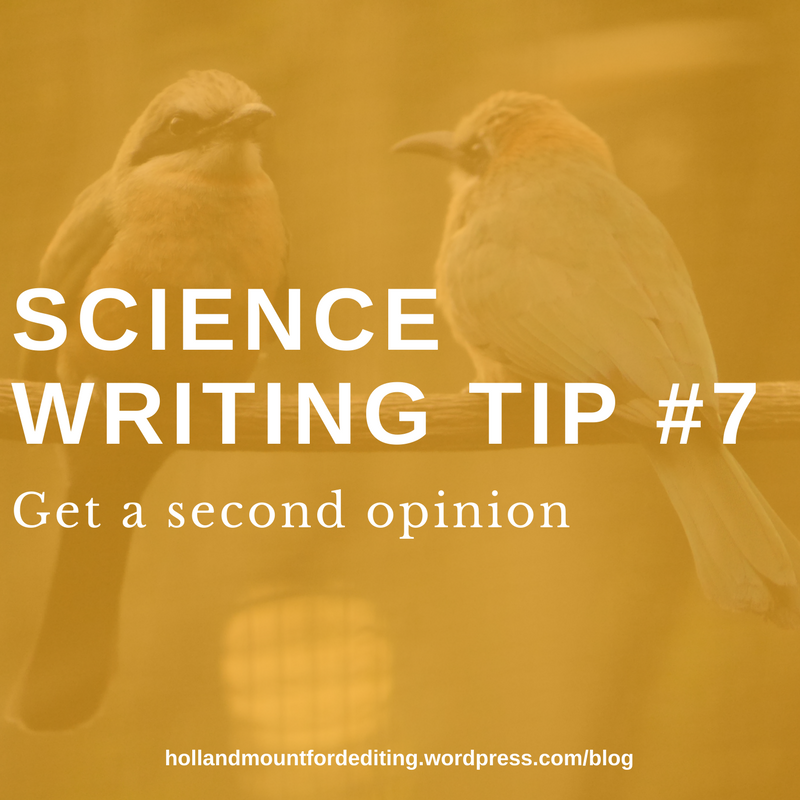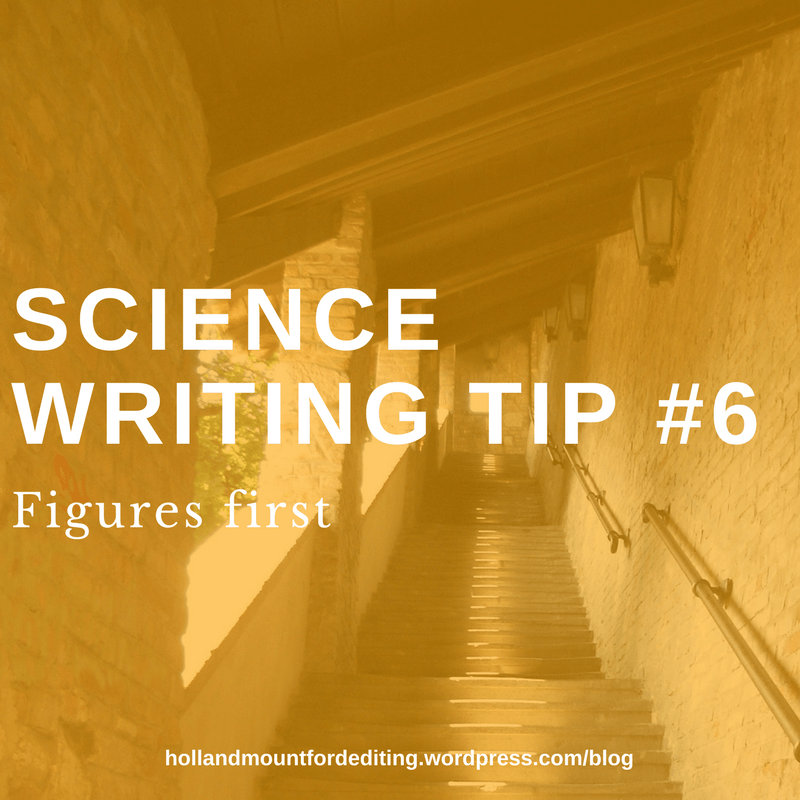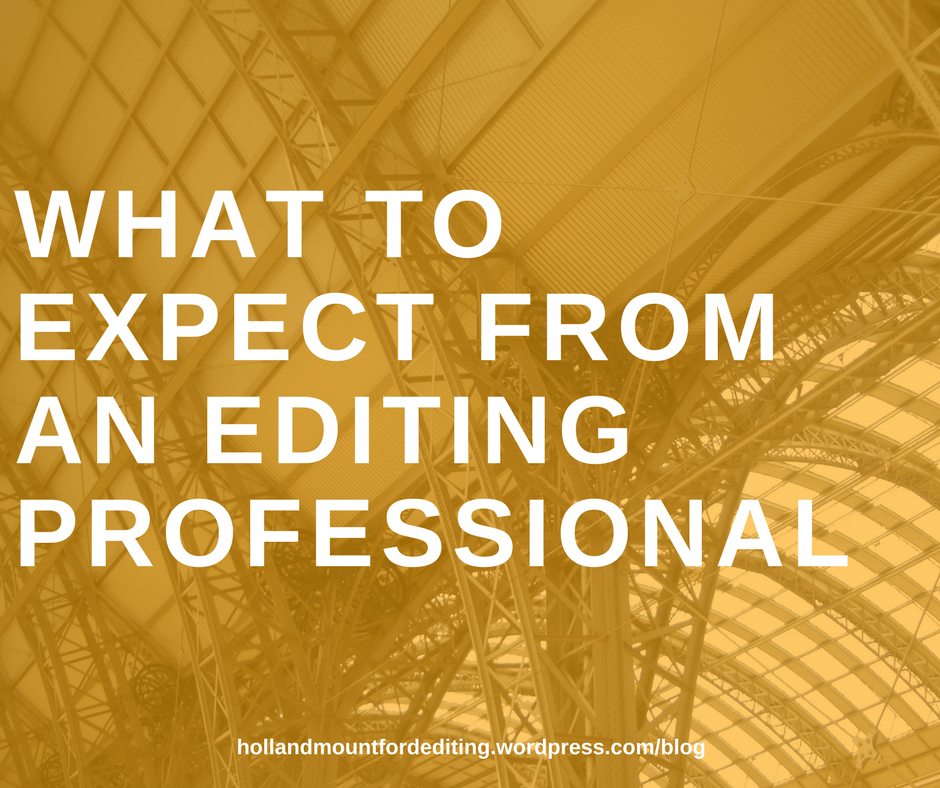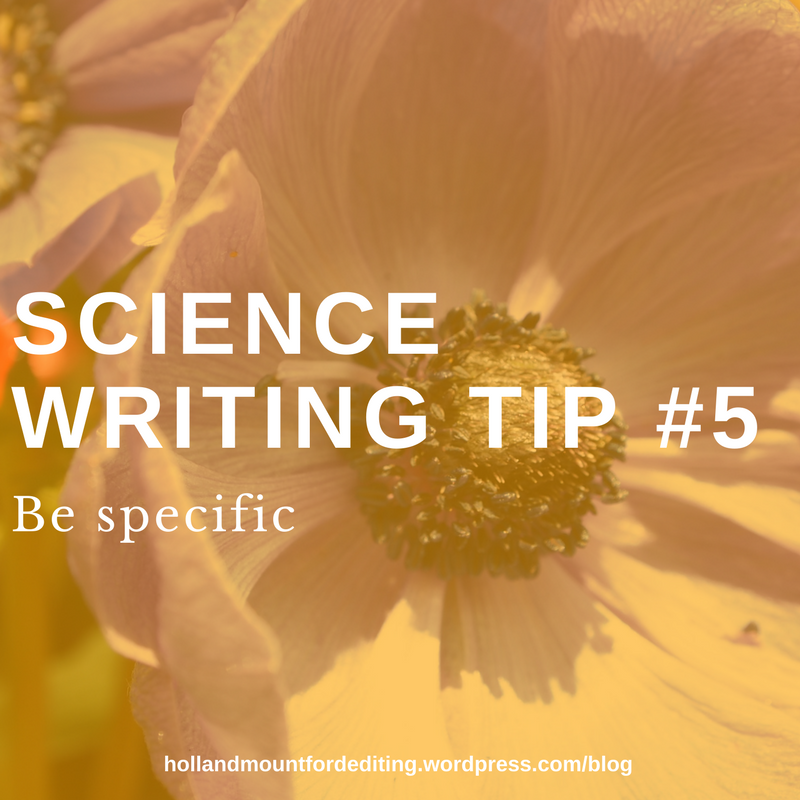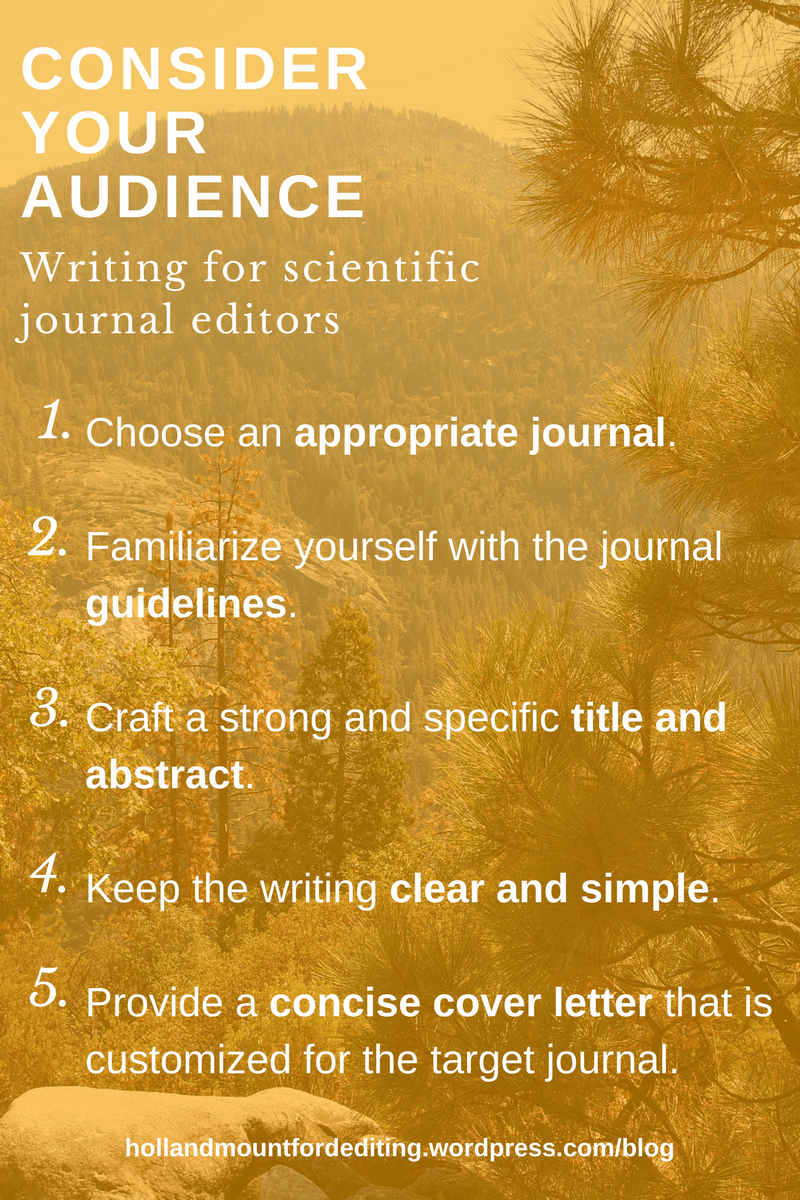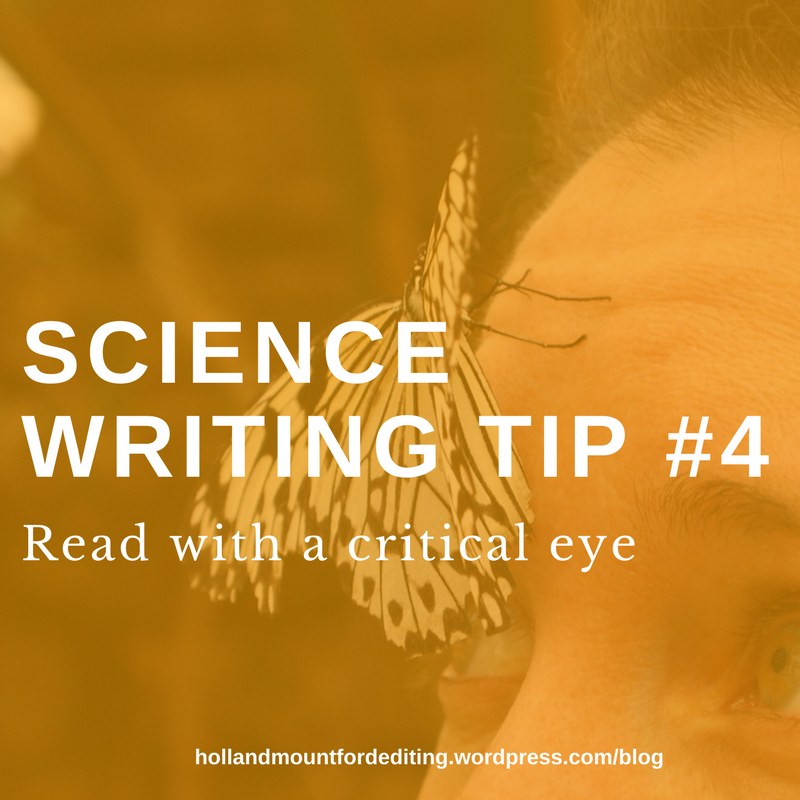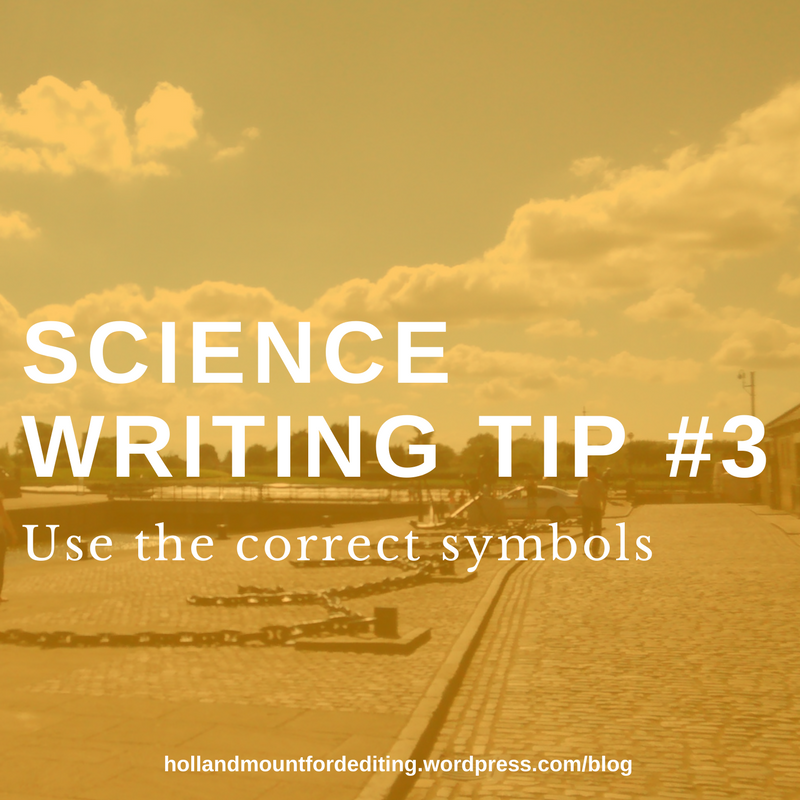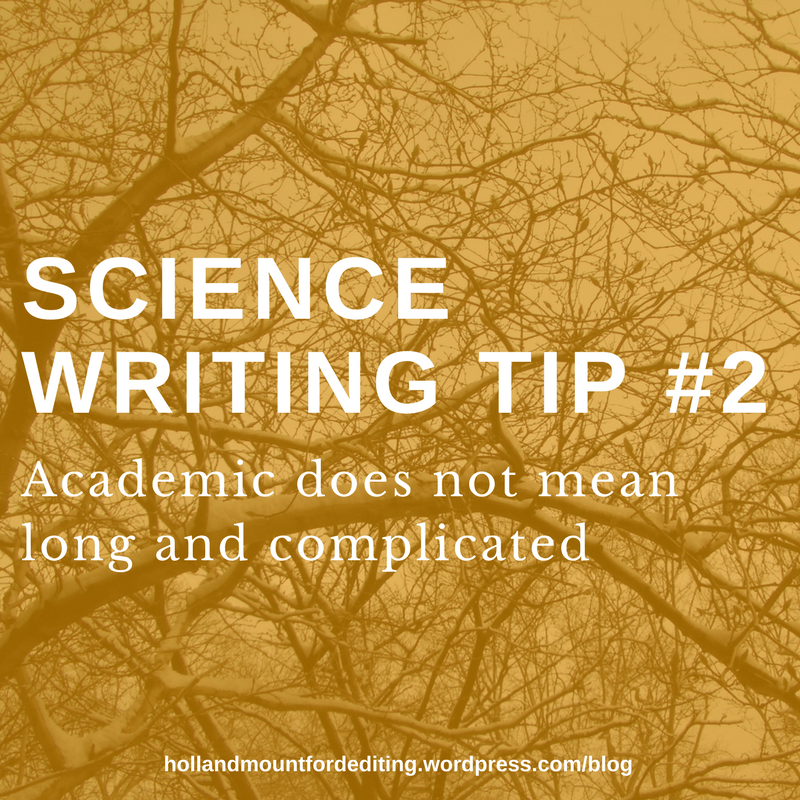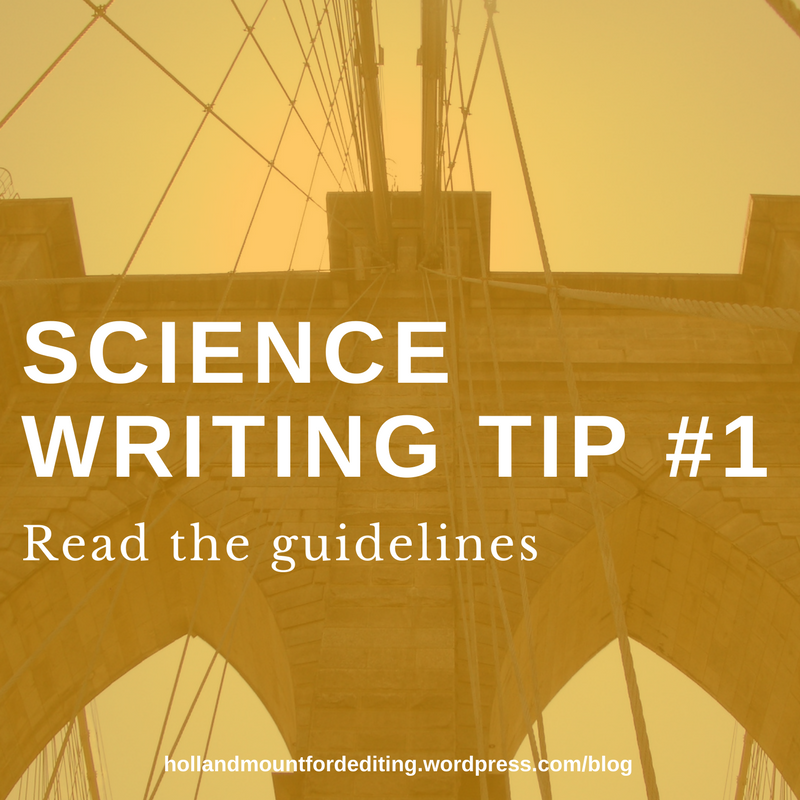Writing, particularly academic and science writing, is a specialist skill.
In order to advance your research and career, you will need to write grant applications, abstracts, original research papers, review articles, and other academic texts. However, like many scientists, you may have received little to no training in writing. If you speak English as a second or additional language (ESL or EAL), it may be even more difficult to clearly present your work in English. Whether you are an early-career scientist, an ESL scientist, or simply a scientist looking to polish and improve your writing, I hope to help you with the process of preparing your scientific documents. I aim to do that not only through my editing services, but also through a series of articles focused on some common issues in science writing.
On this blog, I will present simple tips to improve your scientific and academic writing. Some of the tips will be widely applicable to academic writing, whereas others will focus on grammar, punctuation, and the finer details of scientific writing.
I hope you will find some of these tips helpful as you write and edit your own scientific articles and more. Please feel free to share your own experiences, ask questions in the comments, or send me a message.
Kind regards,
Amanda M. Holland, PhD
Holland-Mountford Editing
